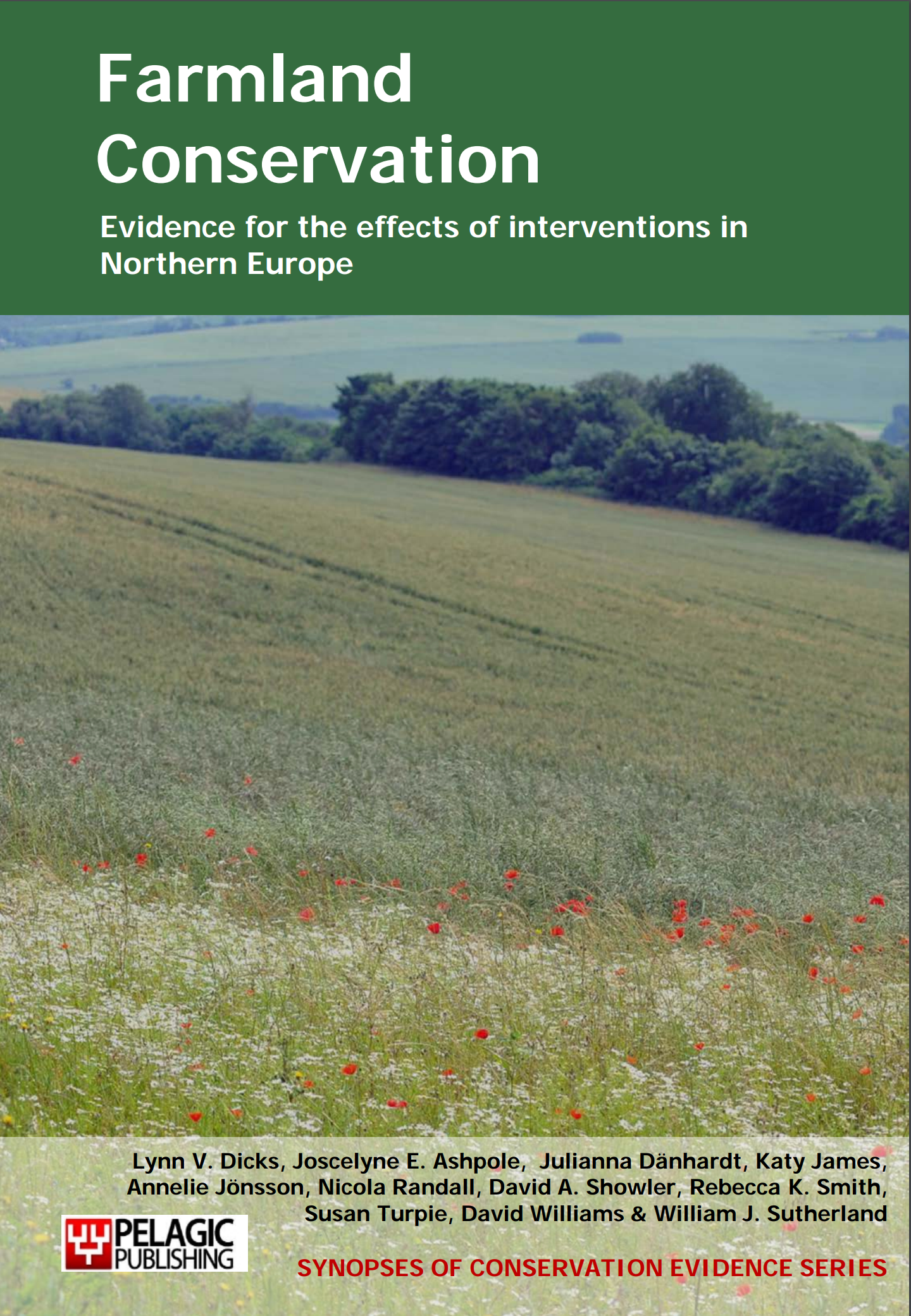Control scrub
-
Overall effectiveness category Unknown effectiveness (limited evidence)
-
Number of studies: 1
View assessment score
Hide assessment score
How is the evidence assessed?
-
Effectiveness
0% -
Certainty
2% -
Harms
not assessed
Study locations
Supporting evidence from individual studies
A replicated site comparison study from 2004 to 2008 on agricultural sites across England (Ewald et al. 2010) investigated the impact of scrub control on grey partridge Perdix perdix. There was a negative relationship between a combined intervention (scrub control, rough grazing and the restoration of various semi-natural habitats) and the ratio of young to old partridges in 2008. The study does not distinguish between the individual impacts of scrub control, rough grazing and the restoration of various semi-natural habitats. Spring and autumn counts of grey partridge were made at 1031 sites across England as part of the Partridge Count Scheme.
Study and other actions tested
Where has this evidence come from?
List of journals searched by synopsis
All the journals searched for all synopses
This Action forms part of the Action Synopsis:
Farmland Conservation
Farmland Conservation - Published 2013
Farmland Synopsis





)_2023.JPG)














